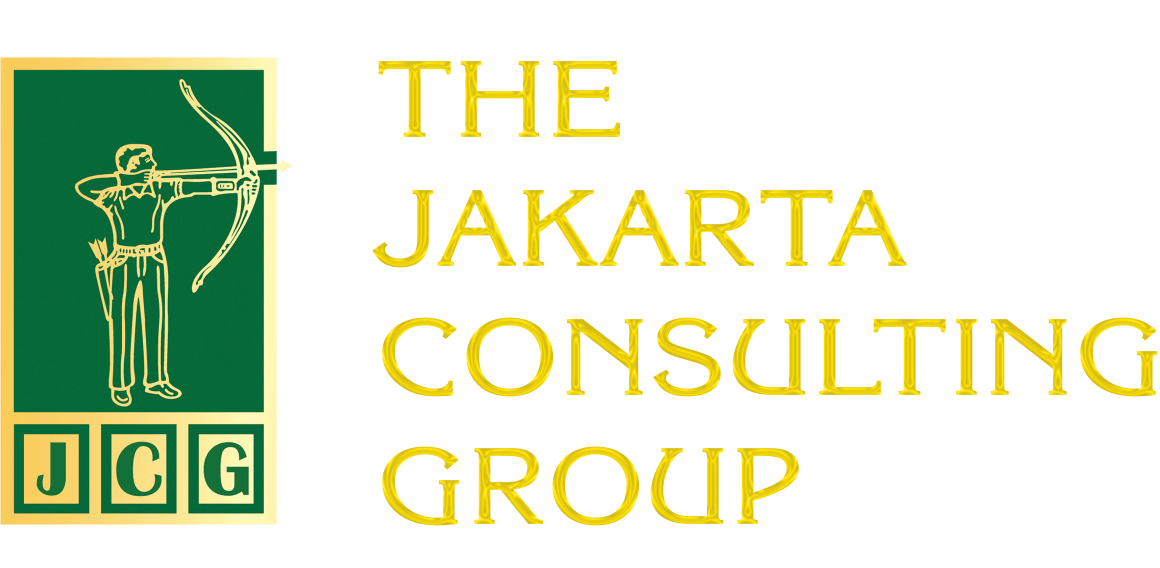Fast food restaurant chain Subway is exploring a possible sale of ownership after nearly six decades in family hands. Despite growing rapidly in recent years, the restaurant known for its sandwich menu has struggled with rising prices and increasingly fierce competition. This was reported by the BBC. The sale of Subway could be worth up to USD 10 billion. JP Morgan, a giant US financial institution, is advising Subway on the sale. Subway itself said it does not plan to announce further details of the sale until it is completed. It did not explain how long this process will take.
In early February 2023, Subway announced two consecutive years of record sales, which rose 9.2 percent in 2022 compared to 2021. Furthermore, Subway said it will continue its years-long transformation journey. This includes new menus and modernization of its restaurants.
Subway was founded in 1965 under the name Pete’s Super Submarines in Bridgeport, Connecticut, by Fred DeLuca, then only 17 years old, and his family friend, Peter Buck. The company changed its name several times before settling on Subway in 1972, where it remains today. DeLuca led Subway until his death in 2015. His position was succeeded by his younger sister, Suzanne Greco. Greco served until her retirement in 2018. She then took on the position of senior advisor to Subway.
In just two years since its establishment, Subway managed to open 16 sandwich shops in Connecticut. Subsequently, Subway began to franchise the brand. Today, Subway has about 37,000 stores in more than 100 countries. Subway stores are owned and operated by franchisees, including thousands of small businesses and entrepreneurs.
But in recent months, many companies around the world have had to deal with rising prices, from food prices to fuel prices. This has forced many companies to increase the selling price of their products. For example, McDonald’s, a competitor of Subway, raised the price of its cheeseburgers in the UK in July last year, the first time in 14 years.;
Let’s wait for more news from Subway. What is clear is that the sale of a business that has been under family ownership and management to another party, such as the one being explored by Subway, is not new. About a decade ago, Marcopolo, one of the world’s largest bus manufacturers from Brazil, bought Volgren, an Austrian bus manufacturer owned and managed by the Grenda family.
The sale of a family business also does not always have a negative connotation, in the sense that the business is sold because of family conflict. Various factors can be put forward behind the sale, ranging from financial and business factors, such as attractive offers, other business opportunities that are more profitable but require large funds so that the old business needs to be sold, businesses and industries that are no longer competitive, to no more successors who are willing and able to continue the business, and so on;
However, it must be admitted that deciding to sell (or keep) a family business is often not an easy task. Emotional factors clearly come into play. The progress of a family business is the result of years of hard work and dedication by the family, even from generation to generation. The family’s role and contribution in the past has shaped expectations about continuity, tradition, contribution to the community, dividends, and even sources of employment for the family. Family businesses are also often a symbol of family unification.
Therefore, an open discussion is needed to discuss possible alternatives. For example, handing over the management of the business to non-family professionals while keeping ownership in the hands of the family. In discussing these alternatives, there are bound to be different views. These differences must be managed so as not to cause negative feelings and consequences.
The impact of selling a family business is not only on the family, but also on the community, customers, employees, investors and other stakeholders. Another impact is the loss of control over product quality and reputation.
However, the proudest thing is to maintain ownership of the family business while constantly innovating, improving competence and motivation, and maintaining harmony among family members. This will build the reputation of the family and the business at the same time. ©The Jakarta Consulting Group
Related Posts:
Family Business: Should Leadership Always Stay in the Family?
Organizational Structure in Family Businesses: Formal on Paper, Personal in Practice
The Dynamics of Family Business: The Unexpected Role of the In-Law
Why Are SOPs Often Challenging to Implement in Family Businesses?
THE JAKARTA CONSULTING GROUP PRESENTS











